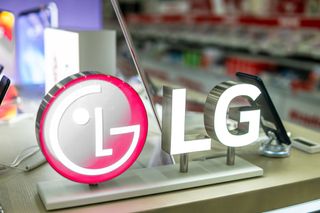LG Electronics joins the IBM Quantum Network
The partnership will aid LG in advancing big data, AI, connected cars, IoT, and robotics applications

LG Electronics has joined the IBM Quantum Network to expand industry applications of quantum computing.
IBM will give LG Electronics access to its quantum computing systems and Qiskit, in addition to the firm's open source quantum information software development kit.
The resources will help LG electronics augment big data, artificial intelligence (AI), connected cars, digital transformation, the Internet of Things (IoT), and robotics applications.
Further, with IBM Quantum technology, LG can capture the latest advances and applications from quantum computing, in accordance with IBM's quantum roadmap.
Using IBM Quantum technology, LG will also train its employees, allowing the company to examine potential breakthroughs for its industry.
"Based on our open innovation strategy, we plan to use IBM Quantum to develop our competency in quantum computing," said Byoung-Hoon Kim, CTO and executive vice president of LG Electronics.
"We aim to provide customers with value that they have not experienced so far by leveraging quantum computing technology in future businesses."
Get the ITPro. daily newsletter
Receive our latest news, industry updates, featured resources and more. Sign up today to receive our FREE report on AI cyber crime & security - newly updated for 2024.
As part of the IBM Quantum Summit in November 2021, IBM unveiled its Eagle quantum computing processor with 127 qubits. Eagle uses IBM's 3D packaging architecture designed to support advanced quantum processors, including its 1,126-qubit Condor chip scheduled to be released in 2023.

How virtual desktop infrastructure enables digital transformation
Challenges and benefits of VDI
The LG partnership further strengthens IBM's quest for Quantum Advantage.
"We're happy to welcome LG Electronics to a growing quantum computing ecosystem in Korea at an exciting time for the region," said Jay Gambetta, IBM fellow and VP of quantum computing at IBM.
"The relationship between IBM and LG Electronics will permit LG to explore new types of problems associated with emerging technologies and will help strengthen the quantum capabilities in Korea."




